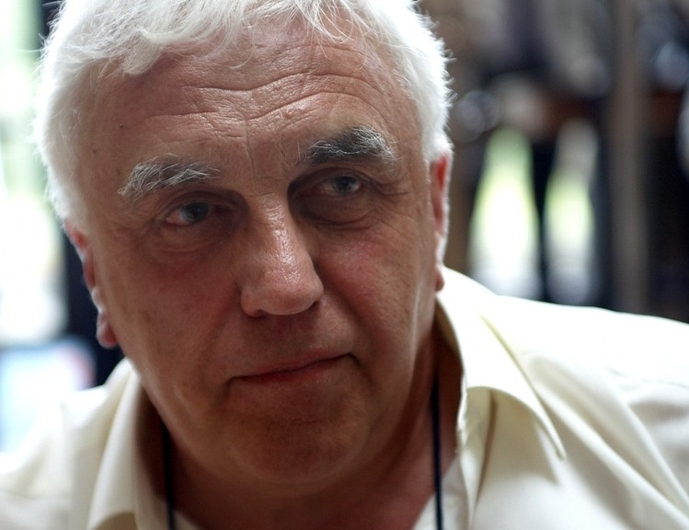Posted By: MMHA
1 minute read

We’d been trying to cope without adequate knowledge of her condition.
My daughter developed serious postnatal depression. Her condition deteriorated over a period of several months and culminated in a suicide attempt and a missing person’s search for two days.
She had left me with her baby while she went ostensibly for a jog. When she failed to return, I raised an alert with the police and other agencies.
Following this incidence, a psychiatrist in Newcastle rapidly reviewed the situation and sorted out a speedy transfer to a mother and baby unit, where my daughter stayed for five months.
The impact of my daughter’s illness was serious on the whole family. After we received help, we also realised we’d been trying to cope without adequate knowledge of her condition and without the specialist support we needed.
Although progress was slow at the mother and baby unit, we always had the belief that my daughter was in very safe hands. The family was also encouraged to be part of the team looking after her. Thankfully, she made a full recovery.
Despite my family going through such a traumatic experience, I also think we were fortunate. There is a unit in the catchment area where my daughter’s crisis happened, but there isn’t one available where she lives.
This is why I think it’s essential we have a better provision of services and a national strategy to help mothers affected by maternal mental health problems. With the correct interventions, and by treating the problem seriously and seeking expert help as soon as possible, there is a way forward.
Unfortunately, evidence shows that the NHS cuts are affecting mental health services disproportionately. This needs to stop. We need more investment, because it is possible to successfully treat people suffering from postnatal depression.
If the content of this story causes you to think of anything that has happened to you or someone you know and you feel upset, worried or uncomfortable, please see our support page for a list of services who may be able to help.